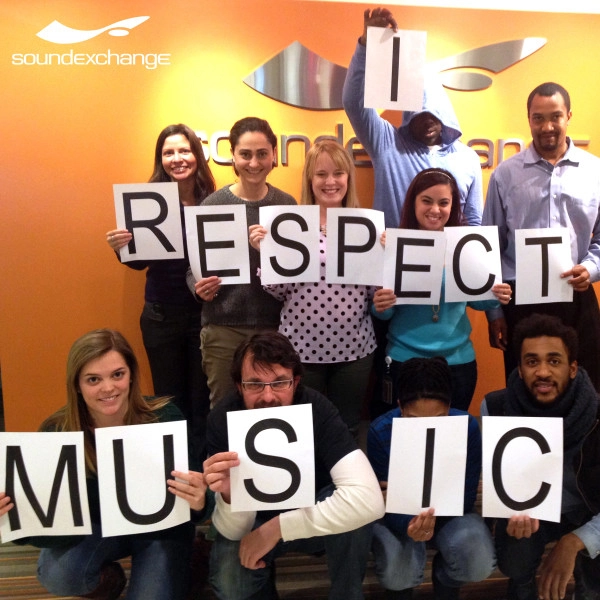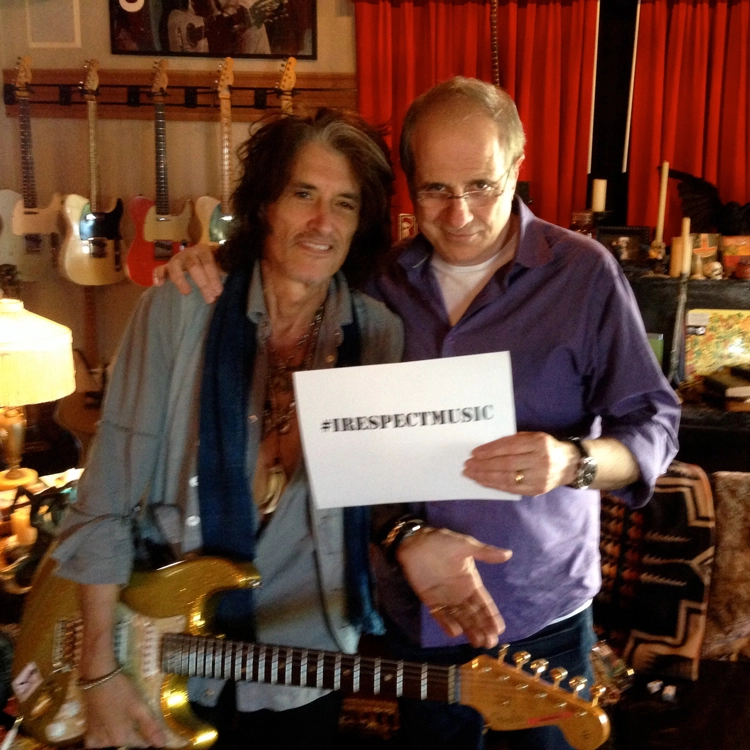Interview with the founder of #IRespectMusic Blake Morgan [Chris Castle]
Chris Castle interviews #IRespectMusic founder Blake Morgan about the progress being made in Washington DC on the American Music Fairness Act which would finally require payments to performers when their songs are played on the radio.
by CHRIS CASTLE of Music Tech Policy
Artist, performer, producer, songwriter and label owner Blake Morgan founded the #IRespectMusic campaign, the most successful grass roots advocacy movement in the US focused on overturning the century long injustice that gives broadcasters a free ride on the backs of recording artists. He explains in this interview from Washington, DC.
Blake, you’re back in Washington! Tell us what you’re there for this time?
Having fun and making good trouble back in Washington DC, lecturing at American University and having meetings on and around Capitol Hill in support of the American Music Fairness Act.
MTP readers are familiar with the American Music Fairness Act, but for those coming to it for the first time would you tell us a little bit about what the bill promises to do?
Sure, the bipartisan American Music Fairness Act (AMFA) would accomplish something remarkable: it guarantees, for the first time, that artists would get paid for radio airplay in The United States. It’s shocking to those who still know about this issue: artists don’t get paid when their work is played on AM/FM radio in the USA, and we never have been. Shocking, but true.
I remember the US is on a shortlist with North Korea, Cuba and Iran, countries who refuse to compensate artists for airplay. Has that changed or do we have any new additions to that list?
That’s right. The USA is the only democratic country in the world where artists don’t get paid for radio airplay. I believe Cuba does now, and China has moved forward on this issue too, so it may be down to just North Korea, Iran…and us! Not a list we want to be on!

Who are our opponents on this legislation?
Our main opponents are Darth Vader, Lord Voldemort, and their buddies. I’m kidding––actually they would be preferable to the truth. The National Association of Broadcasters (NAB) is the organization that represents the billion-dollar corporations and radio conglomerates opposing the bill, and it’s easy to understand why: they just don’t want to pay us! Massive corporate conglomerates not wanting to pay working people is a familiar old story, and a regrettable one. But there’s another story being told now that’s equally familiar: the arc of the universe being long, but bending towards justice. And make no mistake, this is a question of justice. Where else in our free-market economy can your work or property be taken from you without your permission (and you can’t opt out from them doing so), then monetized for billions of dollars, and you don’t even get paid for it? The NAB says they shouldn’t have to pay artists because they’re offering “exposure.” Well, people die from exposure, folks. I can’t pay my electric bill with “exposure.”
My impression is that we’ve had independent and local stations come supporting the bill so it’s misleading for the National Association of Broadcasters to say that somehow radio is not behind it or that it’s bad for local radio do I have that right?
Exactly right. Indie stations, local stations, college stations––these are often if not always run by intense, music-loving folks who not only love music, they love the people who make it. There’s more support amongst these kinds of stations for artist pay for radio airplay than ever before, and part of the reason is the bill itself: the bill has a carve out for small stations––any station grossing less than $1 million a year would pay just $500 annually. That amounts to $1.37 a day. Less than the cost of a Snickers bar! The NAB lies when they say the bill would hurt small stations, plain and simple.
Do you have visibility on the financial terms of the bill? This is still a case of broadcasters not wanting to pay at all, right? It’s not like we want X and they want -X? The broadcasters want zero, correct?
So I think the tables have turned recently. The ground has softened under the broadcasters’ feet, thanks to the grassroots support for the bill. What the broadcasters now seem to want is to trade artist pay for AM/FM radio play for a break on streaming royalties. They’re essentially saying, “We’ll give you the terrestrial radio royalty which would pay X dollars a year in exchange for a reduction on streaming royalties (iHeart for example) for the same X amount. In other words, they’re offering recompense for the injustice of the past 90 years on AM/FM radio if we agree to a new injustice for the next 90 years.
So they want to pay us with our own money?
Good luck with that, bozos. We will never agree to that. And by the way, if we did, we’d be able to make that deal by dinner time tonight––so for the first time, we’re on our front foot in this “negotiation” and they’re on their back foot. We’re the ones not willing to deal if that’s the deal on the table. Funny how justice works––it’s not negotiable.
How does America’s failure to pay artists on radio affect your royalties overseas in countries that do pay?
Right. So as a result of broadcasters not paying artists for radio airplay here in the United States, other democratic countries are now not paying American artists for radio airplay in their countries. It’s a de facto global trade embargo on the USA! That’s how unpopular this position is. And it’s personal for me too––my partner and label-mate Janita is originally from Finland where she’s had a big career since she was a teenager. She became an American citizen in 2013, and when she did, she lost her radio royalties in Finland and around the world. She did what we want here, joining our country and enriching the fabric of our nation as a new citizen, only to be penalized for doing so. It’s so outrageous that Rep. Judy Chu (CA) read her story into the Congressional record during hearings on this subject. Again, NAB, where’s the justice?
‘
When you take the #IRespectMusic movement to Capitol Hill what kind of reception are you getting now from legislators?
I’m happy and honored that so many legislators have expressed how refreshing it is for them to talk to a “real” middle-class music maker who is free from the ravages of stilted talking points and stale lobbying groups. I’m like Han Solo in a sense (you listening, Darth Vader?), I fly in and try to destroy the evil, and fly out with my soul still in tact. Also, its interesting because even in this toxic political climate, this is an almost uniquely bipartisan issue. Those for and against the American Music Fairness Act fall on both sides of the aisle, it does’t break down along party lines. So that’s refreshing too. It does break down along “I’m taking money from the NAB” lines, if you know what I mean. In other words, lobbying money. I’ve never––even after years of visiting Capitol Hill––ever met a member of Congress who is morally opposed to artists getting paid for radio airplay. Ever. What I’ve encountered from legislators on the one hand is an honest desire to make a positive difference for music makers (and music lovers), and on the other hand, either willful ignorance, indifference, or the aforementioned lobbying-money problem.
Tell us a little bit about the MusicFirst coalition. What should we know about that and is there a way for people to respond and help make their voices heard in support of the bill and the #IRespectMusic campaign?
You can go to IRespectMusic.org to learn more, and/or to MusicFairnessAction.org, which is MusicFirst’s new initiative to support the bill. Music First is on the side of the angels in this fight, and perhaps music makers’ largest legislative and advocacy organization. When we all work together, pull together, and stand together, we’re invincible. That’s what we need to do now, more than ever. We’ve won so many battles for music makers in recent years––on Capitol Hill and off––I feel we must understand that we can and must do so again. For ourselves, for each other, and for American music.






